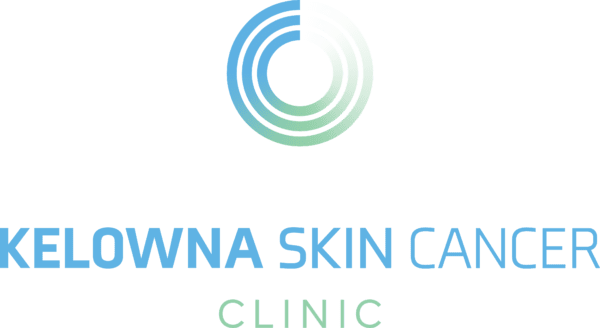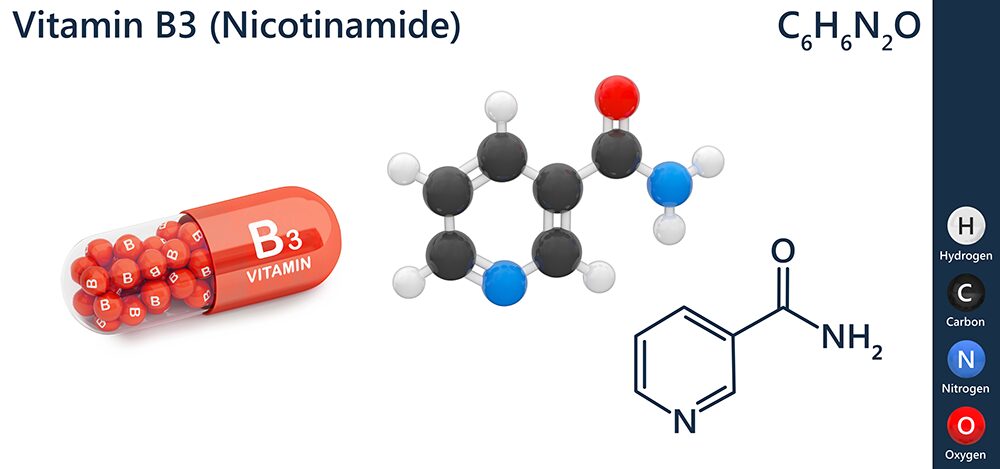At Kelowna Skin Cancer Clinic, we believe that understanding your health is an important part of making informed decisions about care. We encourage patients to ask questions and take an active role in learning about prevention and treatment options. This can feel overwhelming at times, especially when new terms or similar-sounding nutrients come up.
Niacin and Niacinamide
Two forms of vitamin B3 that often cause confusion are niacinamide and its precursor, niacin. Niacinamide is a form of vitamin B3 commonly available in over-the-counter supplements and skin care products. Niacin is found in many foods, including poultry and fish, and is important for converting the food we eat into energy. The body can convert niacin into niacinamide as needed, which is why these terms are sometimes mistaken for one another.
What Research Says
Some studies have explored whether niacinamide may help reduce the risk of certain non melanoma skin cancers in people who have already had them. One study, published in the New England Journal of Medicine in 2015, looked at high-dose niacinamide taken under medical supervision. The results suggested a possible reduction in new lesions for participants with a history of non melanoma skin cancers. These findings apply only to the specific study conditions and may not reflect individual outcomes. More research is needed, and niacinamide is not a substitute for proven sun protection habits.
It is important to note that niacin, the precursor to niacinamide, has not shown similar results in this context. Niacin is more commonly used for other medical purposes, such as managing cholesterol, and it may cause side effects at higher doses.
If you would like to learn more about skin cancer types, visit our skin cancer overview page. You can also read about early detection on our skin screenings page.
Have Questions About Vitamin B3?
Our team is committed to providing clear, evidence-based information and supporting you in understanding your skin health. If you have questions about vitamin B3, sun-related skin damage, or prevention strategies, you are welcome to contact us.




